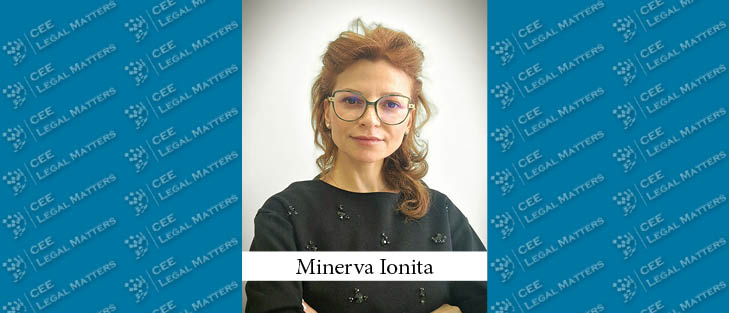With the Whistleblowing Directive implemented into local legislation, whistleblowing has become an essential topic in companies. As national interpretations of the directive on whistleblowing have made it mandatory for organizations to introduce reporting channels and protective measures, businesses must navigate a more stringent and complex legal landscape.
Implementing a whistleblowing system in a company is a crucial step toward fostering transparency, accountability, and ethical behavior. Even more, this will improve the company’s image and gain the trust of business partners, clients, and investors.
It is known that the EU Whistleblower Protection Directive mandates that organizations with 50 or more employees must establish secure reporting channels.
However, each EU member state may implement the directive with additional or more stringent requirements.
Operating a business across multiple countries can indeed present challenges when it comes to implementing and managing a whistleblowing system, particularly given the varying legal requirements and cultural differences in each jurisdiction.
Designing and implementing a whistleblowing system is a highly sensitive process that requires careful consideration of the unique legal, cultural, and behavioral nuances of each country. The success of such a system hinges on its ability to resonate with local employees and stakeholders while maintaining the integrity and consistency of the organization’s ethical standards.
Each country has its own legal framework governing whistleblowing, which can range from very robust protections to limited or no specific regulations. Understanding these nuances is critical to ensuring that the system is compliant and offers the necessary protections to whistleblowers.
The system must be designed to comply with not only the most stringent legal requirements globally but also the specific legal obligations in each country. This means adapting policies, reporting mechanisms, and investigation procedures to align with local laws.
In some cultures, whistleblowing may be seen as a betrayal or as dishonorable, which can deter individuals from coming forward. Conversely, in other cultures, it may be viewed as a civic duty or an act of integrity. The system must be sensitive to these perceptions and designed in a way that encourages participation in a culturally respectful manner.
Trust is a cornerstone of an effective whistleblowing system. Employees must believe that their reports will be handled confidentially and that they will be protected from retaliation. Building this trust requires a deep understanding of local attitudes toward authority, privacy, and fairness.
Understanding what motivates employees in different countries to speak up – or to remain silent – is key. This might include considerations of loyalty, fear of retaliation, concern for the company’s reputation, or personal ethics. The system should be designed to address these motivations in a way that encourages honest and open reporting.
While maintaining a consistent global framework, it is important to allow flexibility in how the system is implemented and operated in different countries. This might mean offering multiple reporting channels, adapting the investigation process, or customizing training programs to fit local needs.
Fostering an organizational culture that deeply values transparency, accountability, and ethical behavior is essential for creating an environment where a whistleblowing system is not just a compliance tool, but a reflection of the company’s core values. When these principles are ingrained in the company’s DNA, employees are more likely to trust and use the whistleblowing system, viewing it as an integral part of their commitment to maintaining the organization’s integrity.
However, despite all differences and local adaptations, the core ethical standards of the organization should remain consistent across all jurisdictions. This ensures that the organization’s commitment to integrity and transparency is clear, regardless of location.
Designing and implementing a whistleblowing system that respects the unique characteristics of each country is indeed a delicate and intimate process. By approaching it with cultural sensitivity, legal awareness, and a deep understanding of local behaviors, businesses can create a system that not only complies with the law but also resonates with employees and encourages them to speak up without fear. This thoughtful approach helps build a stronger, more ethical organization that is capable of navigating the complexities of a global business environment.
When transparency, accountability, and ethical behavior are deeply embedded in a company’s culture, the whistleblowing system naturally aligns with the organization’s broader commitment to integrity. It becomes more than just a compliance mechanism – it is a vital part of the company’s ethical framework that employees trust and value. By fostering this culture, companies not only protect themselves from risks but also build a strong foundation for long-term success and a positive reputation.
By Minerva Ionita, Head of Legal & Compliance, Beko Romania




